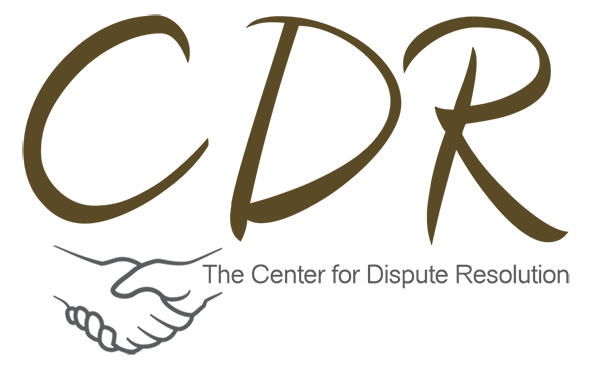
5 Ways Internal Conflict Resolution Teams Fail in Organizations
In any organization, internal conflicts are almost inevitable. When colleagues come together, differing opinions, goals, and personalities can sometimes clash. That’s why many companies establish internal conflict resolution teams to address and resolve these issues. However, despite their noble intentions, these teams can sometimes fall short of expectations. In this article, we will explore five common ways in which internal conflict resolution teams may fail in organizations.
Lack of Training and Expertise
One of the primary reasons for the failure of internal conflict resolution teams is the lack of proper training and expertise. Conflict resolution is a delicate process that requires a deep understanding of human psychology, communication techniques, and negotiation skills. Without proper training, team members may struggle to navigate the complex web of emotions and interests involved in conflicts.
Inadequate Communication
Effective communication is the cornerstone of conflict resolution. When internal conflict resolution teams fail to establish clear lines of communication, misunderstandings can escalate into full-blown disputes. Team members must actively listen to all parties involved, ask probing questions, and ensure that everyone feels heard and understood.
Lack of Neutrality
Internal conflict resolution teams must remain impartial and neutral throughout the resolution process. Unfortunately, biases can sometimes creep in, especially if team members have personal relationships or loyalties within the organization. This lack of neutrality can undermine the trust of those seeking resolution, leading to further conflicts.
Failure to Address Root Causes
Resolving conflicts superficially without addressing their root causes is a common mistake made by internal conflict resolution teams. It’s essential to dig deep and identify the underlying issues that are fueling the conflict. Failing to do so may result in the conflict resurfacing in the future.
Ignoring Cultural and Diversity Factors
In today’s diverse workplace, conflicts can arise due to cultural differences, values, and beliefs. Internal conflict resolution teams must be sensitive to these factors and consider them in their resolution strategies. Ignoring cultural and diversity-related issues can exacerbate conflicts and hinder resolution efforts.
Lack of Follow-Up
Even after a conflict has been resolved, it’s crucial to have a system for follow-up and monitoring. Internal conflict resolution teams often fail to ensure that the resolution holds and that the parties involved continue to work harmoniously. Without proper follow-up, conflicts can easily reignite.
Conclusion
Internal conflict resolution teams play a vital role in maintaining a healthy and productive work environment within organizations. However, to be effective, they must overcome various challenges, including a lack of training, inadequate communication, bias, failure to address root causes, and ignorance of cultural and diversity factors. By addressing these issues and implementing best practices, often with the assistance of professional conflict consultants, organizations can enhance the success of their internal conflict resolution teams and foster a more harmonious workplace.
✅ Resolve disputes effortlessly. ✅ Build stronger relationships. ✅ Subscribe FREE now!
Don't miss out! Join us today. 🚀


Comments are closed